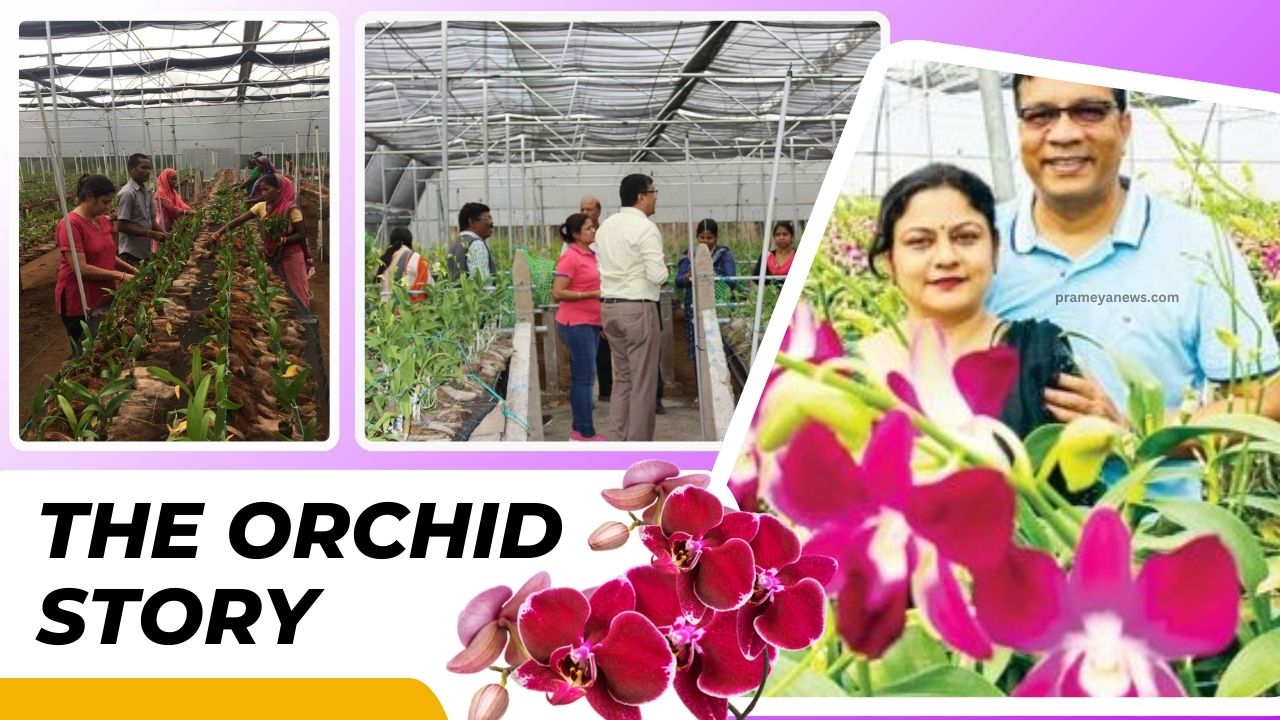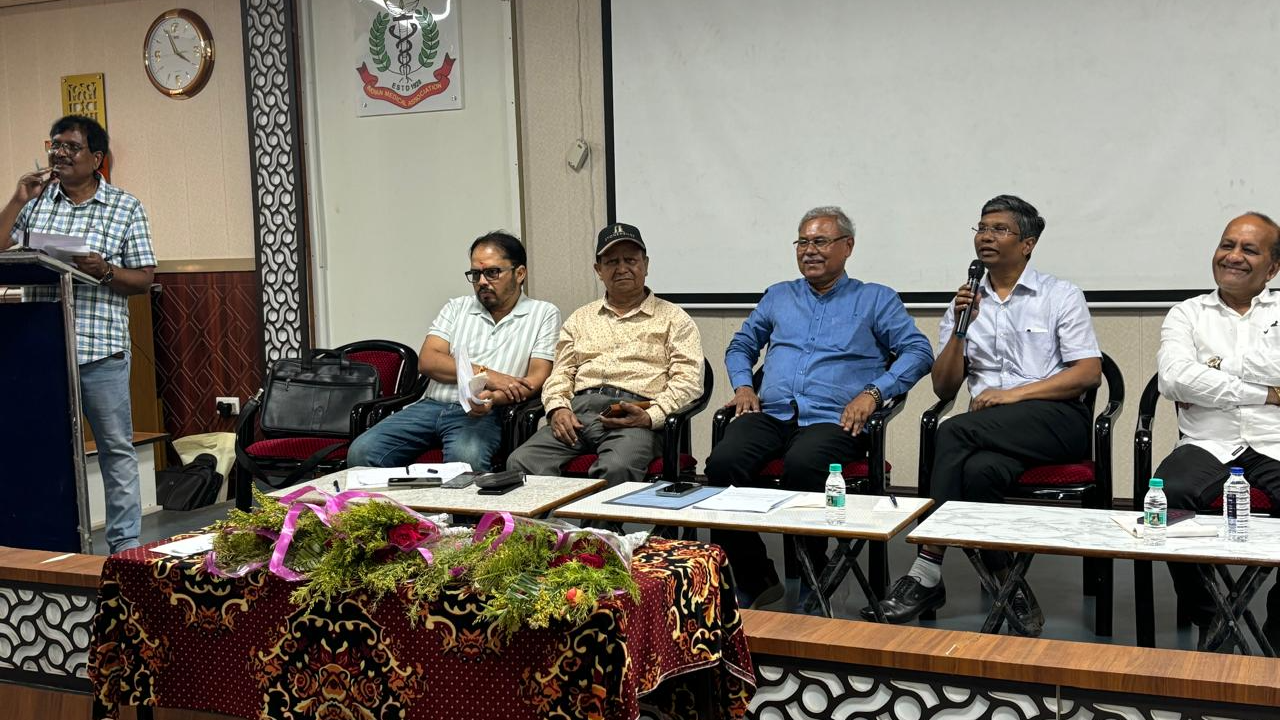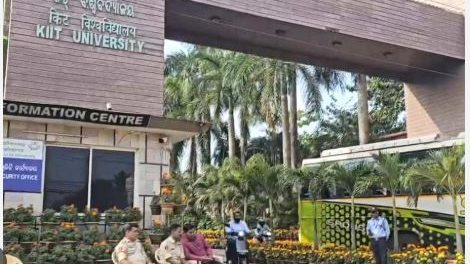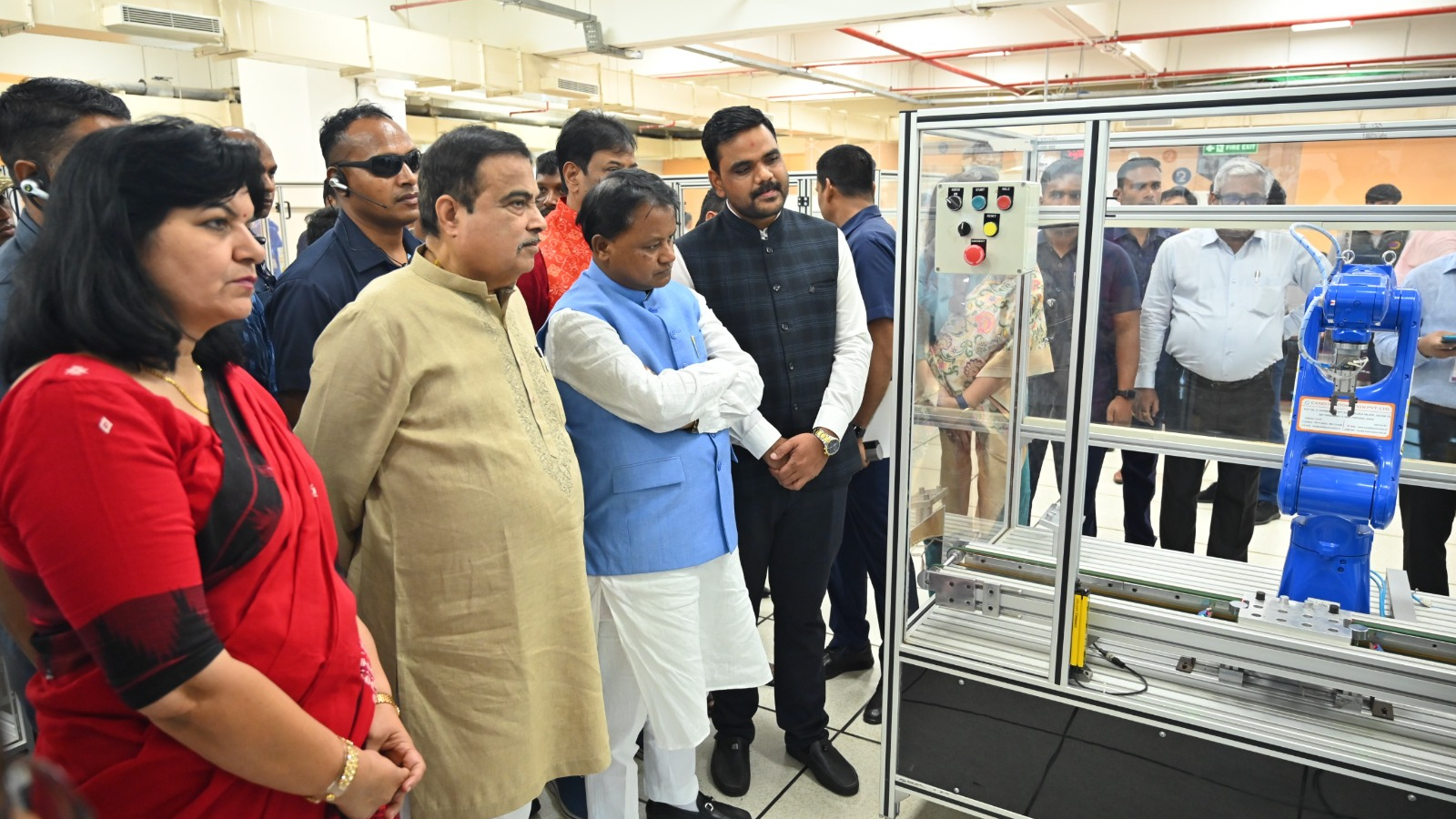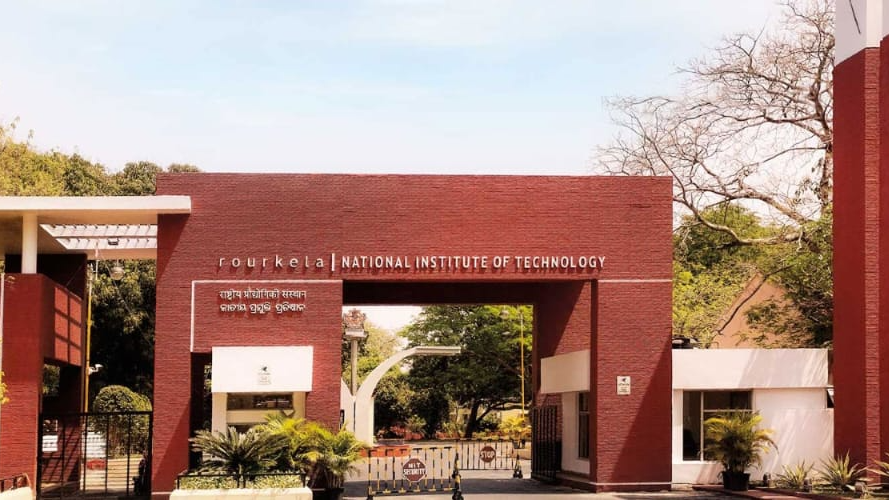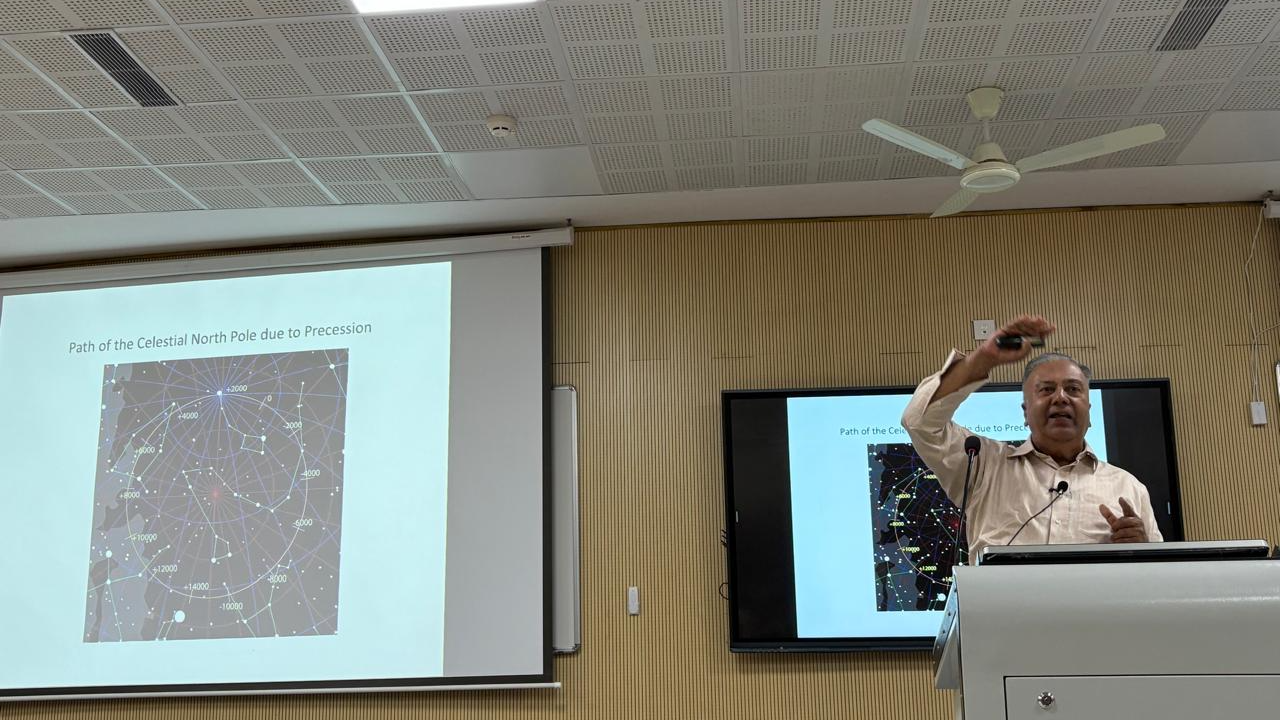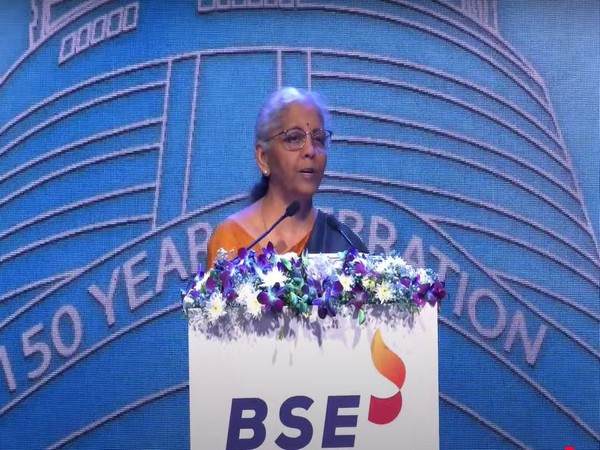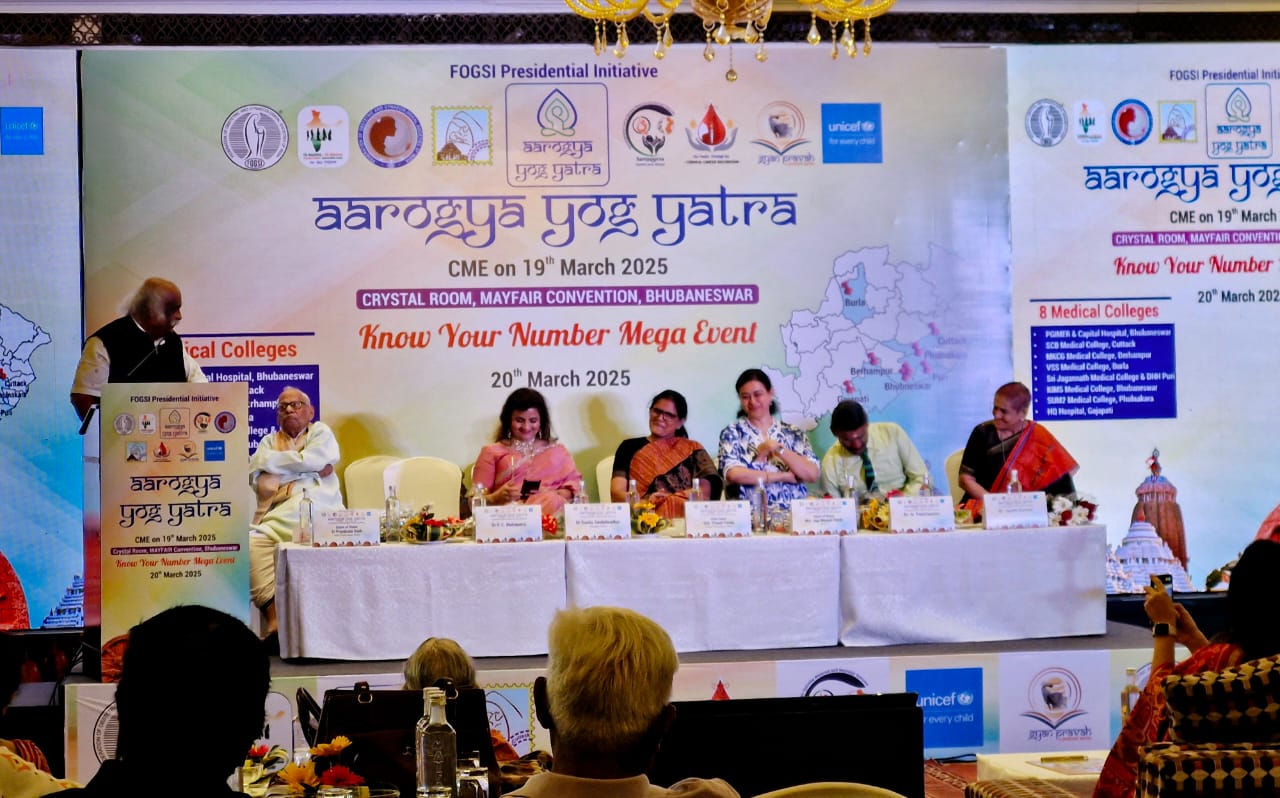Bhubaneswar, April 15: A deep-rooted love for nature and the environment had always stirred within Colonel Sujan Mohanty’s heart. After decades of disciplined service in the Indian Army, he chose to spend time with nature—and found a livelihood in it too. Inspired by such new thinking, he embraced farming after retiring from the army and began orchid cultivation.
Post-retirement in 2012, driven by a desire to do something meaningful and different, Colonel Mohanty embraced farming. Not just any farming—he chose one of the most delicate and demanding forms: orchid cultivation.
Now 58, and living in Shaheed Nagar, Bhubaneswar, Colonel Mohanty leased 2,500 square meters of land from a friend in the serene, forest-fringed village of Kantapada in the Chandaka area. There, with his wife Monalisa by his side, he built not just polyhouses—but a dream. Together, they launched ‘Orchids and More’, a venture that grows exquisite orchids and produces honey through beekeeping.
What started as a vision has now taken root as a full-fledged enterprise. “After retirement, I wanted to build something of my own—something that brought me closer to nature,” shares Colonel Mohanty. “I studied orchid cultivation intensively—through the internet, books, and field visits to places like Huma in Ganjam, as well as Siliguri, Meghalaya, and Pune. I even took formal training from OUAT to truly understand the science behind it.”
Armed with knowledge and unwavering determination, he set up his first orchid polyhouse in 2018 with an investment of ₹48 lakh. By 2023, a second polyhouse followed, this time at a cost of ₹58 lakh. Today, these lush greenhouses are home to nearly 50,000 orchid plants, thriving under carefully controlled conditions.
But farming in the fringes of the Chandaka Forest brings its own wild challenges—literally. Elephants and other wildlife often venture near the property, prompting the installation of solar fencing to protect the delicate blooms.
Despite the risks, the rewards are evident. Sujan's orchids travel far beyond the borders of Odisha, gracing markets in Cuttack, Bhubaneswar, Raipur, Jamshedpur, Mumbai, Pune, and Kolkata. With an annual turnover of around ₹15 lakh and a profit of nearly ₹8 lakh, the venture is steadily flourishing.
However, Colonel Mohanty is candid about the journey. “Orchid farming is capital-intensive and demands patience. You need at least a year before you begin seeing any real returns,” he advises. But the satisfaction of nurturing something so beautiful, he says, is incomparable.
More than just entrepreneurs, Sujan and Monalisa have become mentors. They have trained over 1,200 individuals, empowering them with the knowledge and confidence to explore orchid farming themselves. Their efforts have earned recognition and appreciation from various institutions and agricultural bodies.
“Orchids are sensitive,” he explains. “They thrive in temperatures between 20 to 25°C and require humidity levels of 40% to 70%. During monsoons, extra vigilance is key. But above all, nutrient management is critical. Farmers must invest time in understanding plant nutrition.”
As interest in orchid cultivation grows, Sujan highlights a persistent challenge—land access. Many aspiring farmers struggle with space and ownership issues. He firmly believes that if the government promotes orchid farming through Public-Private Partnership (PPP) models, offering land on lease with proper support, the industry could truly blossom.
From leading troops to nurturing petals, Colonel Sujan Mohanty’s journey is a testimony to the power of reinvention, resilience, and respect for nature. In every orchid that blooms under his care lies a story of discipline, passion, and quiet transformation.








